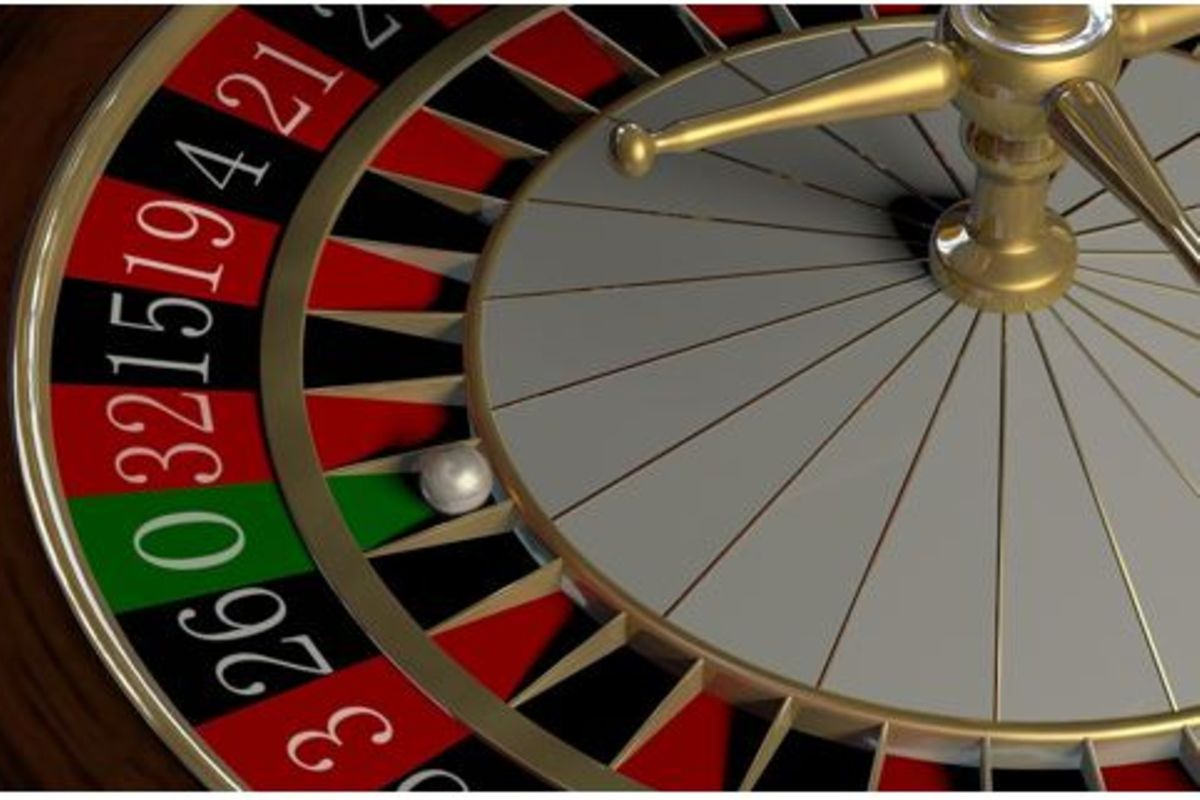
Casino games have enthralled players over the ages, transforming from simple pastimes to complex experiences that combine luck, strategy, and entertainment. From the early beginnings of gambling in societies including ancient Mesopotamia and Rome to the glitzy corridors of contemporary casinos, the history of these games shows much about our nature and our connection with luck. As societies have intertwined and innovation has progressed, casino games have changed, mirroring shifts in society and developments in gameplay.
The earliest forms of gambling likely involved elementary dice games and wagering on the results of sports competitions. Over time, these basic forms of gambling grew into better-organized games like table games, the roulette wheel, and the variety of slot games that fill casino floors today. Each era brought its own set of rules, aesthetics, and sociocultural significance. Today, casino games continue to evolve with the rise of online platforms, enabling players from various parts of the world to participate in a common experience, further fusing the traditional with the age of technology.
Early Origins of Casino Activities
Gaming activities have origins that stretch back to old societies, where gambling was deeply embedded in cultural traditions and cultural customs. The initial known instances of gambling emerged in ancient Mesopotamia around three thousand BC, featuring simple dice games made from knuckle material. These initial games laid the basis for more complex gambling activities, demonstrating humans’ innate desire to seek wealth and entertainment through luck.
As civilizations evolved, so did their gambling interests. In ancient Chinese culture, around two thousand three hundred BC, tiles were discovered that resembled early basic versions of a lottery game game. More structured instances of betting arose in the ancient Roman civilization, where games of luck were a common pastime, often occurring in social gatherings. The Romans developed various wagering games, which composed dice and board activities, illustrating the widespread nature of gambling across various social classes.
With the passage of time, these primitive games shaped the development of modern casino activities. In the medieval period, playing card activities became prevalent in European culture, paving the way for the organized gaming venues we know today. The change from casual gambling to organized gambling in taverns and private homes marked a major transformation in how people interacted with activities of luck, leading to the eventual creation of gaming houses as specialized places for betting.
The Rise of Modern Casino Gaming
The late 20th century marked a significant shift in the field of gambling games, propelled by tech innovations and changes in cultural attitudes towards wagering. The emergence of personal computers and the internet transformed the way players engaged with their preferred casino games. Virtual casinos emerged, allowing gamers to enjoy classic casino classics like poker and blackjack from the comfort of their own homes. This emerging online environment not only broadened access to gambling options but also attracted a newer demographic who found the ease and diversity tempting.
As digital gambling gained momentum, so did advancements in casino tech. The creation of sophisticated programs and graphics changed classic casino games into engaging experiences. Players could now interact with authentic live dealers through live streaming, importing the feel of physical casinos directly into their houses. This fusion of live gaming with digital interfaces created a new hybrid model that elevated the social aspect of playing, making it possible for individuals to engage and challenge with others around the planet.
Additionally, the emergence of gaming on mobile devices dramatically changed the gambling environment. With the ubiquitous use of smartphones and touch devices, players can access their beloved gaming options at any location, at any time. Mobile apps offer a extensive range of games customized for mobile screens, serving the busy lifestyle of contemporary gamers. This availability has led to rising participation in gambling, fostering the rapid expansion of the gaming industry. As a result, the prospects of gambling continues to evolve, responding to technological advancements and shifting consumer preferences.
The Impact of Technology on Casino Games
The evolution of technology has greatly changed casino games, enhancing the overall experience for players for players around the world. With the introduction of the internet, online casinos emerged, allowing players to play their preferred games from the safety of their own homes. This shift not only made casino games more accessible but also expanded the variety of games offered, as online platforms could host numerous variations of traditional games without the limitations of physical casinos.
The rise of mobile technology further revolutionized the casino gaming landscape. As smartphones and tablets became widespread, players can to play casino games anytime and anywhere. This flexibility has led to the development of dedicated mobile applications and optimized websites that offer smooth gaming experiences. Additionally, innovations such as live dealer games have brought the authentic atmosphere of a casino into players’ homes, bridging the gap between physical and online gaming.
Moreover, advancements in AI and virtual reality are leading to the next generation of casino games. AI improves game design and player interaction, creating customized experiences based on user behavior and preferences. Meanwhile, virtual reality offers immersive environments where players can engage in a simulated casino setting, making the gaming experience more exciting and lifelike. As technology continues to evolve, the future of casino games looks promising, filled with limitless opportunities for advancements and entertainment. non GamStop slots